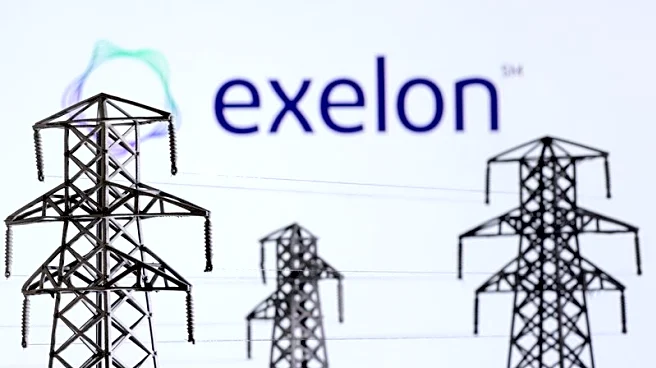What is the story about?
What's Happening?
The Unilab Group has launched Unilab Education (UniEd), a strategic initiative aimed at addressing the job-skills mismatch in the Philippines. The program seeks to create stronger pathways from education to employment by aligning curricula with market demands, particularly in high-growth sectors like healthcare and STEM. The launch event gathered over 200 leaders from government, academia, and industry, emphasizing the need for graduates to possess skills that meet employer needs. UniEd will offer industry-relevant programs, including microcredentials and hands-on training, to ensure graduates are job-ready.
Why It's Important?
UniEd's initiative is crucial for the Philippines as it tackles the persistent issue of unemployment among college graduates, who constitute a significant portion of the unemployed population. By aligning educational programs with industry needs, UniEd aims to enhance employability and drive economic growth. This approach benefits both graduates, who gain relevant skills, and industries, which receive a workforce better equipped to meet their demands. The program also supports national economic development by fostering innovation and inclusive growth.
What's Next?
UniEd plans to continue collaborating with industry leaders, educational institutions, and regulators to refine and expand its programs. The initiative's success will depend on its ability to adapt to changing market demands and integrate new technologies and methodologies into its curricula. Stakeholders, including government agencies and educational institutions, will likely support and monitor UniEd's progress to ensure it meets its objectives of reducing unemployment and enhancing workforce readiness.
Beyond the Headlines
The launch of UniEd highlights the broader challenge of aligning education systems with labor market needs, a concern not only in the Philippines but globally. The initiative underscores the importance of continuous learning and adaptation in an ever-evolving job market. It also raises questions about the role of private sector involvement in education and the potential for similar models to be adopted in other regions facing similar challenges.
















